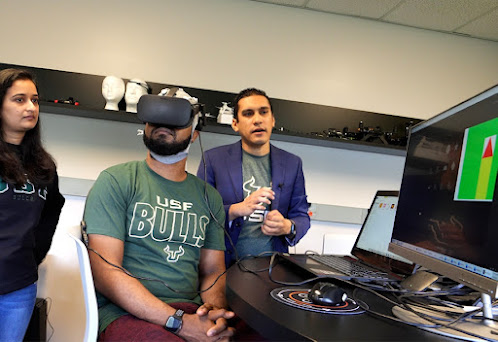Published in The Lancet Psychiatry, the new study from the University of Oxford and the National Institute for Health and Care Research (NIHR) Oxford Health Biomedical Research Centre investigated neurological and psychiatric diagnoses in over 1.25 million people following diagnosed COVID-19 infection, using data from the US-based TriNetX electronic health record network.
The study reports on 14 neurological and psychiatric diagnoses over a 2-year period and compares their frequency with a matched group of people recovering from other respiratory infections. It also reports data on children and older adults separately, and compares data across three waves of the pandemic. To our knowledge, these are the first robust data addressing these important questions.
Confirming previous studies, many of the disorders are more common after COVID-19. Notably, the increased risk of anxiety and depression subsides within two months of COVID-19 and, over the whole 2-year period, are no more likely to occur than after other respiratory infections. In contrast, diagnoses of many neurological disorders (such as dementia and seizures), as well as psychotic disorders and ‘brain fog’, continue to be made more often after COVID-19 throughout the 2 years.
Results in children (under 18) showed similarities and differences to adults. The likelihood of most diagnoses after COVID-19 was lower than in adults, and they were not at greater risk of anxiety or depression than children who had other respiratory infections. However, like adults, children recovering from COVID-19 were more likely to be diagnosed with some conditions, including seizures and psychotic disorders.

























.jpg)

